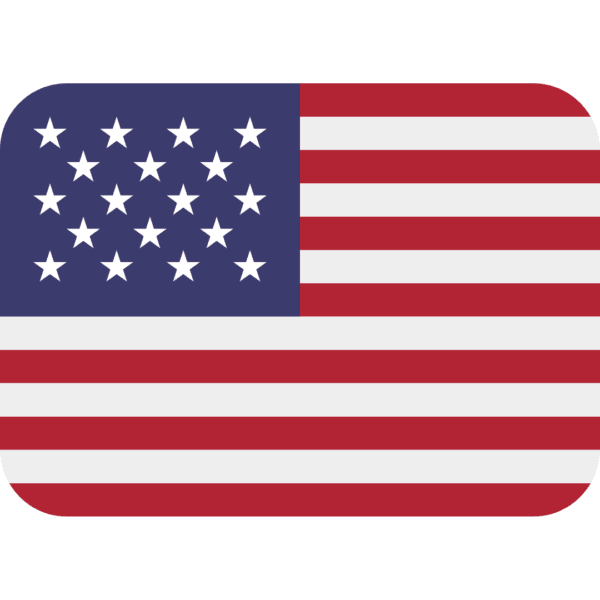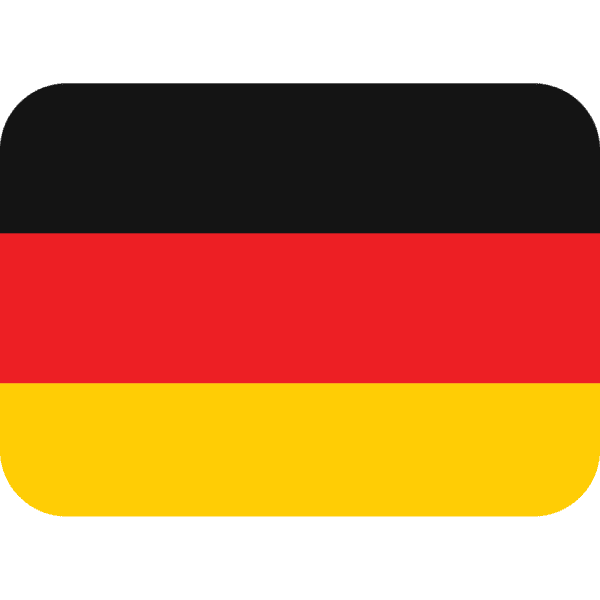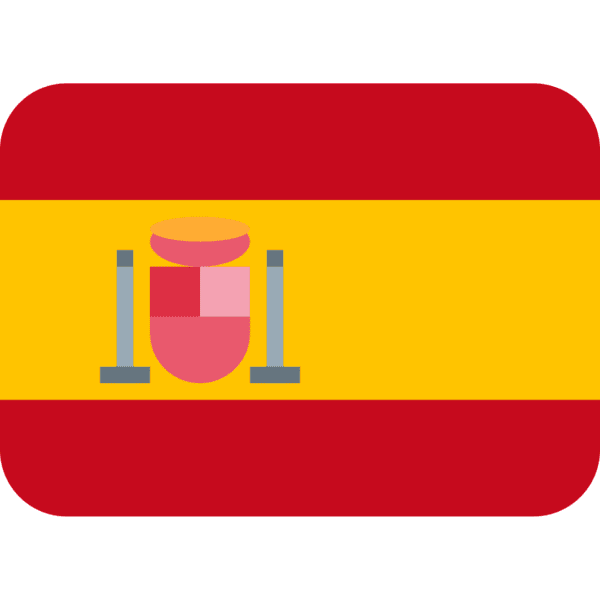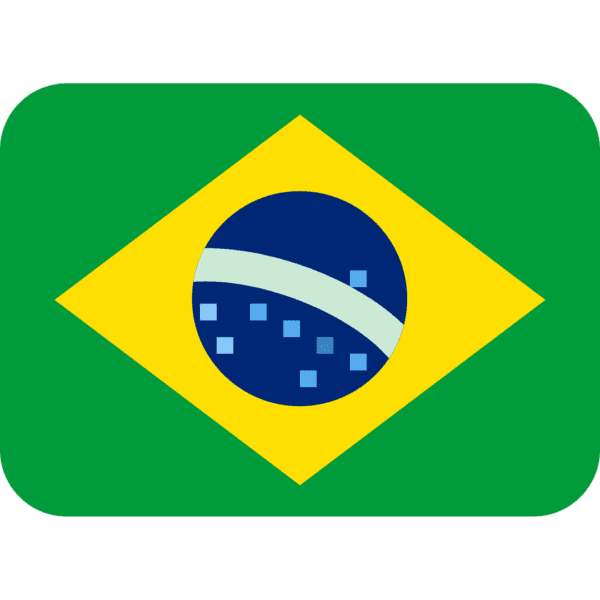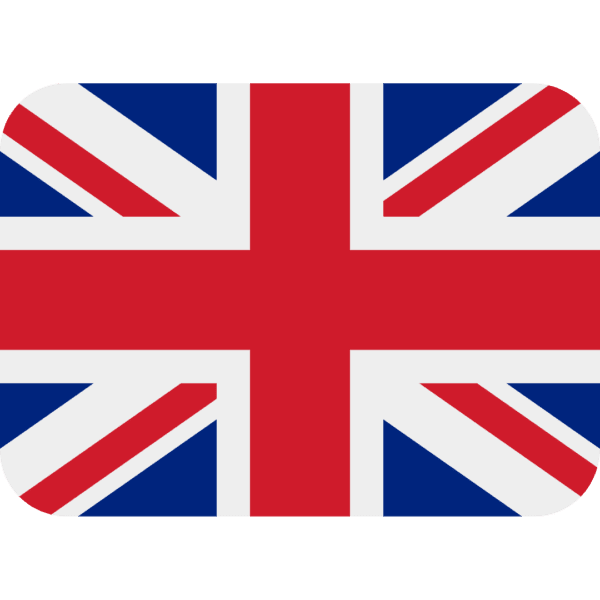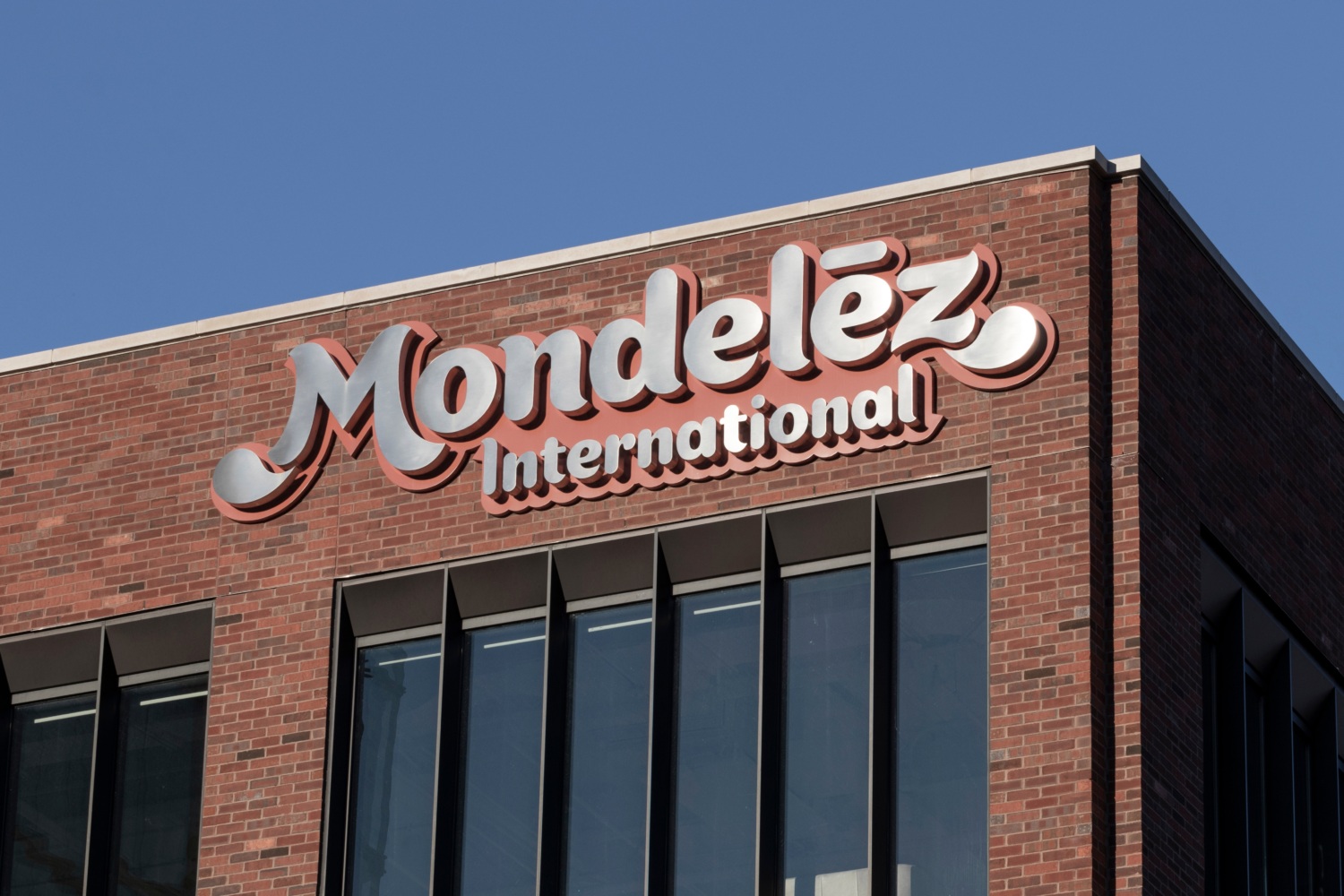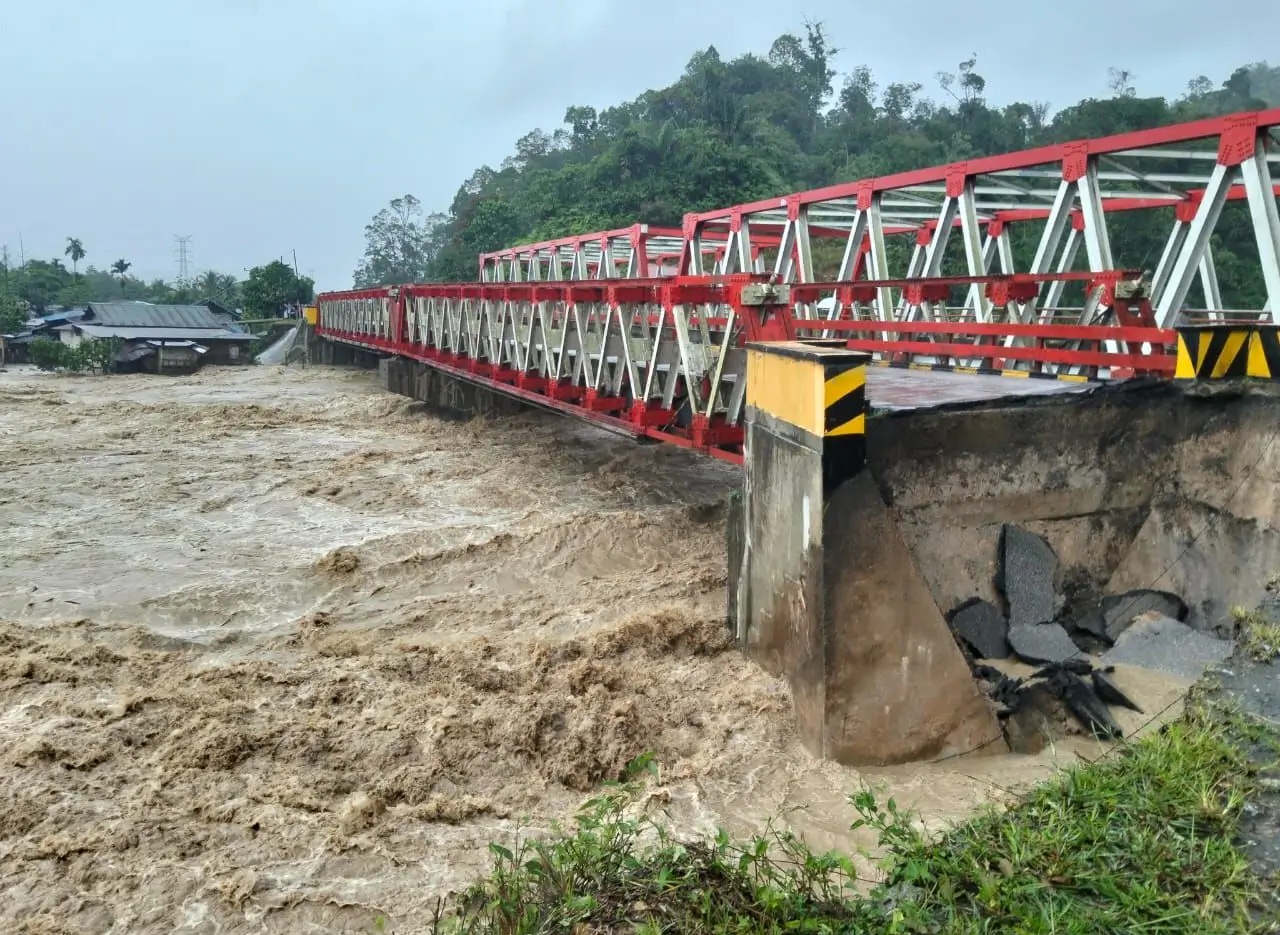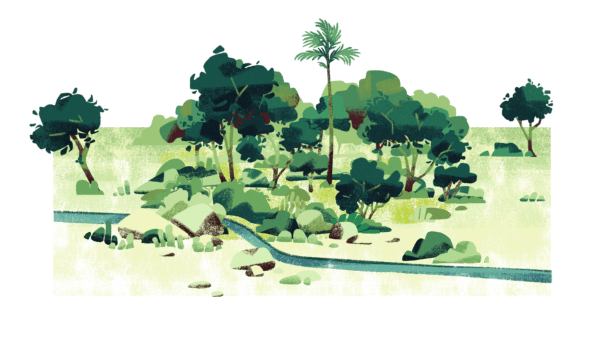
Saving the Cerrado: Why Bunge, supermarkets and governments must act fast
New Mighty Earth report prompts leading supermarkets to investigate
Click on your language to read the report, the press release and watch the video
TAKE ACTION: WATCH AND SHARE OUR VIDEO
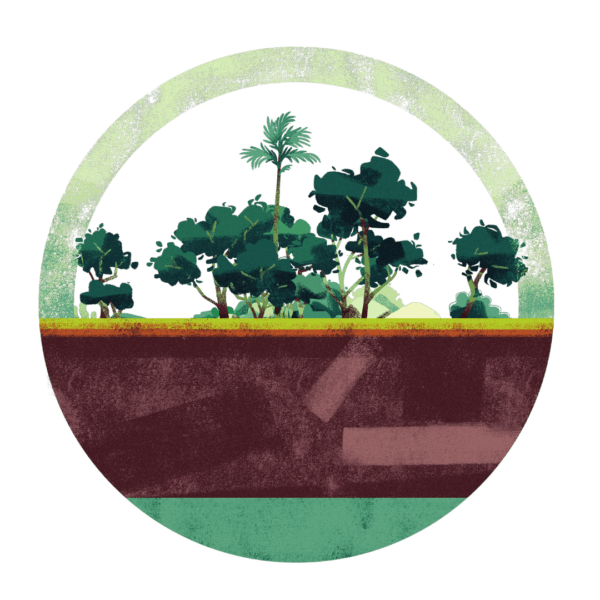
The Cerrado savannah, Brazil’s “forgotten jewel,” is less well known than its neighbor the Amazon, but it is just as important in helping us stabilize our climate and protect nature. We need the Cerrado as much as we need the Amazon.
The Cerrado is in peril, disappearing at an alarming rate, becoming a deforestation hotspot. Half of its land surface has been lost, taken by the meat industry to rear cattle and grow soy for animal feed. Scientists warn it is vulnerable to ecosystem collapse, and risks becoming a barren wasteland, unable to support the people and wildlife who live there.
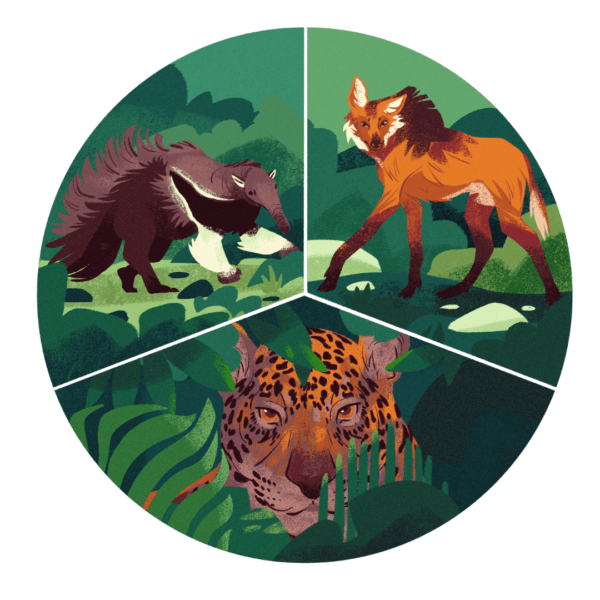
The Cerrado is the world’s largest and most diverse savannah, home to 5% of the world’s plant and animal species, including many that are endangered: the jaguar; the giant anteater and the maned wolf. It is home to many Indigenous and local communities.
Known as an ‘upside-down forest’, it stores around 13.7 billion tons of carbon in its soils and immense root system, equivalent to that of a tropical forest. It is also a major water source, but soy expansion to feed livestock in intensive farming systems, means it is becoming drier and hotter.
Deforestation in the Cerrado hit a record high of 353,200 hectares between January and May 2023, and recent figures from the Brazilian National Institute for Space Research (INPE) show deforestation rates
rising steeply there incomparison to the Amazon, where rates are declining.
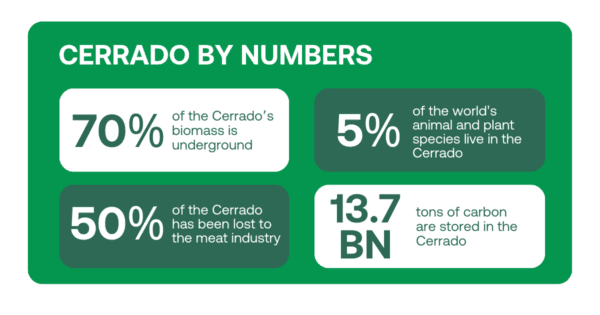
What’s the issue with soy?
Brazil is the world’s biggest producer of soy. It is estimated that over 20 million hectares of Brazil’s forest cover have been lost to soy growing in the last three decades. The Cerrado is at the epicentre of soy production and expansion. Across the world, the meat industry uses soy as a high protein feed for livestock, primarily to produce immense volumes of cheap meat as quickly as possible, stacked high on the shelves of global supermarkets.
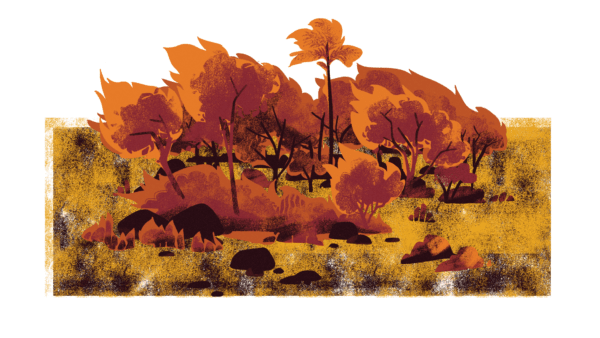
Why Bunge?
US-based Bunge is one of the big international corporations that trades in soy for animal feed. It has ambitions to be the biggest, having just announced a merger with Dutch company Viterra, to form a $34BN agricultural giant.
With annual revenues of $67 billion, Bunge is the main supplier of soy animal feed to the meat industry in the European Union and is the trader with the greatest deforestation risk linked to soy in the Cerrado, after the two next worst commodities giants, ADM, and Cargill.
Bunge ships vast amounts of soy to Europe to feed animals in intensive farming systems, destined for the meat aisles of major supermarkets in France, Spain, Germany, and the Netherlands – for beef, poultry, pork, and dairy products. Markets in Europe are causing more deforestation in the Cerrado than anywhere else in the world.
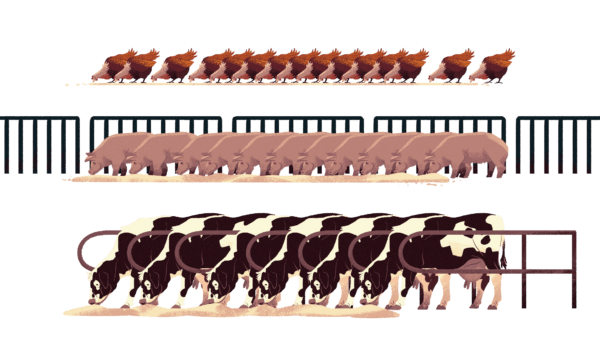
What we found
Bunge recently bought soy from three farms responsible for the equivalent of 15,897 soccer pitches of deforestation in the Cerrado (11,351 ha), cleared after 2021. Our partner AidEnvironment also detected another five cases linked to an additional 14,598 hectares of deforestation that took place on soy farms in the Cerrado in early 2023, in high-risk areas where Bunge is the leading soy exporter.
Bunge confirmed to Mighty Earth that it has recently sourced soy directly from four of the eight farms named in our investigation – although it said the deforestation was legal under Brazilian law and failed to provide any further details.
Bunge told us that it does not have a deforestation cut-off date of 2020, and so will accept legally deforested, deforestation-risk, or deforestation-linked soy in its supply chain until 2025.
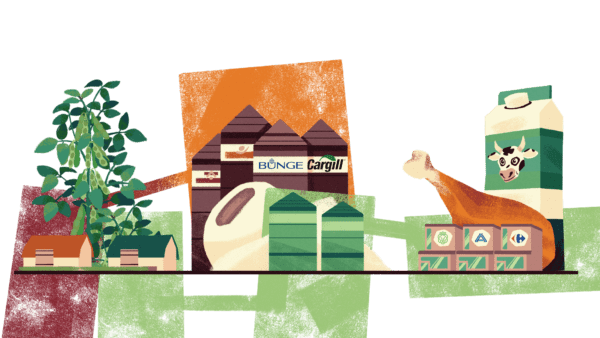
What has been the impact of our investigation?
We contacted 100 companies to ask if they had links to soy from Bunge in their meat supply chains. Five confirmed that they did, and several major supermarkets have acted, launching investigations. These include Carrefour and Casino in France, Ahold Delhaize and Jumbo in the Netherlands and Aldi South in Germany.
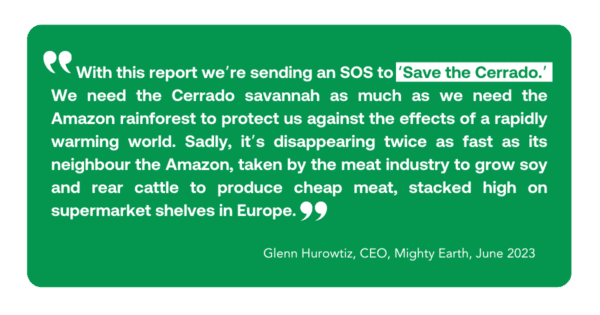
We need Bunge, supermarkets, and governments to do more and to do it fast to save the Cerrado, before it is too late.
Graphics : Rémi Cans, atypicalist.com
